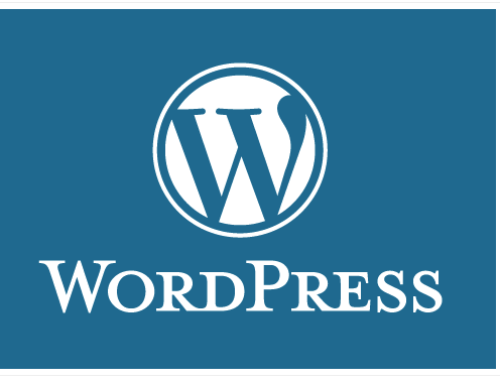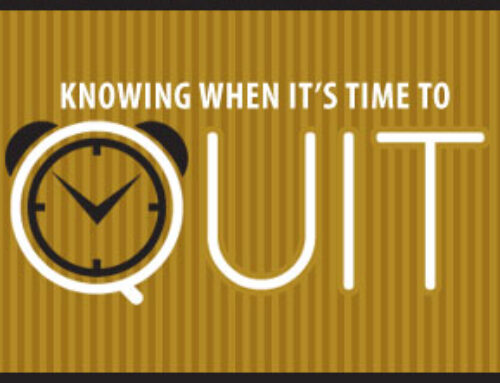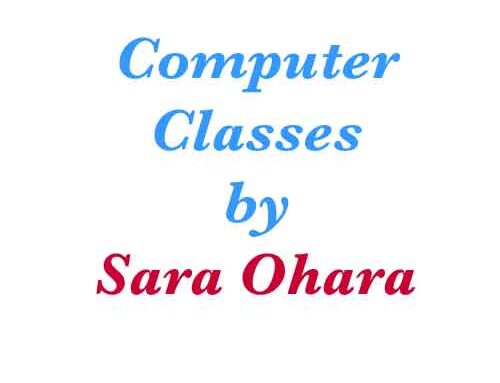 It’s commonly wondered, searched, and debated by anyone who works with website content and copy: What’s the ideal blog post length for SEO?
It’s commonly wondered, searched, and debated by anyone who works with website content and copy: What’s the ideal blog post length for SEO?
The answer isn’t as simple as a number of words.
There are many variables that can and should be considered when deciding what is the best length for your articles and blog posts, but the two most important factors to get an answer are:
- Who is your target audience?
- How long does the post have to be to successfully explain the material in a way that resonates with its readers?
People are oftentimes quick to assume shorter content is best for users. It’s easier and faster to read, and people don’t want to stare at the same thing on a computer screen for long.
We already know attention spans are getting shorter each generation. But does that mean shorter articles mean a better user experience and, thus, a better organic ranking in search?
Probably not, no.
Statistics Don’t Lie
Stats offer a pretty good starting point, but we all know they can sometimes also be manipulated.
It’s probably true that shorter content is easier and faster for people to read; I’m not going to dispute that.
Google wants substance, evidence, and facts from authority entities on whatever the topic may be. Turns out, longer content typically has these elements baked into it.
That’s a big reason why long-form content ranks better in organic search than short content.
Average content length for Page 1 results is around 1,900 words. That’s a lot longer than the 200- or 500-word blog posts most writers or webmasters think is ideal.
Quality Over Quantity: Don’t Focus on Article Length
Too many people put too much of an emphasis on the average word length for articles and the misunderstood importance of having more than a certain number of words on each page to rank well.
Give users what they want regardless of how many words it takes to say it.
Don’t Just Focus on Written Page Copy
Quality content goes beyond just written words. The best content connects thorough research and respectable writing with a user’s interest (their search query).
Even a great video should be accompanied by well-written text that explains the video, it’s concept and goals, and any other resources that may improve the content to better help the user.
That’s our ultimate goal as content strategists: offer the best information, in the most appropriate format, on the right platform.
Some content is easier to digest in the written word. But other content is more suited to visual and needs imagery or video. Sometimes, audio files will be the best type of rich media.
When you use visual or audio content, be sure to accompany it with written content that can connect the dots and make sense of everything on the page, as well as help users find your content.
Your goal should be to supply the best, most useful (and optimized) version of content for your target audience that matches their intent.
Your audience will appreciate it – and your website analytics will reflect that.
Thanks for your wisdom Sam Hollingsworth




